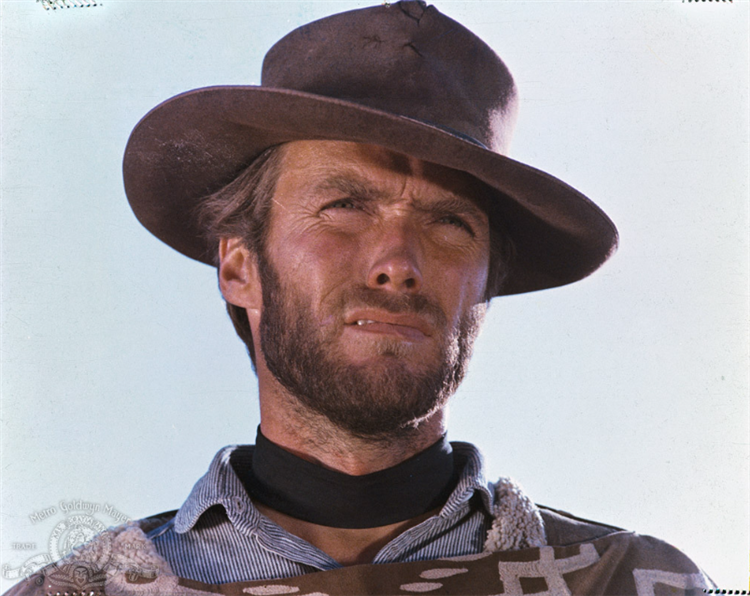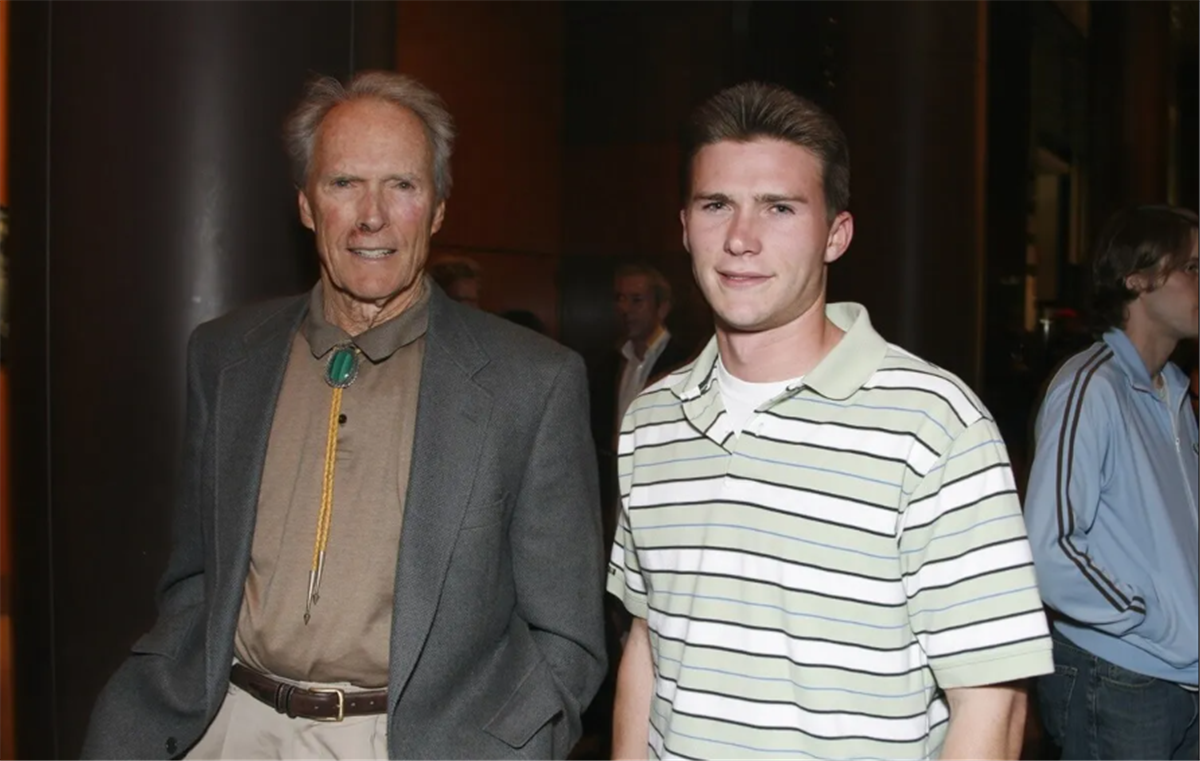The Western genre is dominated by incredible stars that portrayed a variety of heroes over the course of their careers. Actors like John Wayne, Gary Cooper, James Stewart, Steve McQueen, Charles Bronson, Alan Ladd, and Yul Brenner appeared in so many Western classics that their best films are only distinguishable based on their villains. It takes a truly great villainous performance to stand out amidst these dominant personalities, and as a result, many Western villains are interchangeable. There’s no Western star more iconic than Clint Eastwood, and Eastwood never faced a more fearsome antagonist than Little Bill (Gene Hackman) in the 1992 classic Unforgiven. In a film where Eastwood plays a genuinely cruel anti-hero, Hackman created a character that was even more detestable and ruthless. While the iconic 90s Western walked home from the Academy Awards with Eastwood winning both Best Picture and Best Director, it was Hackman who earned the Best Supporting Actor trophy.
‘Unforgiven’ Is the Definitive Western
Unforgiven closed out the historical Western era of Eastwood’s career, and served as a representation and reflection on his work within the genre. While it’s not directly connected to High Plains Drifter, Pale Rider, The Outlaw Josey Wales, or any of the other Westerns that he directed, Eastwood used his character of Will Munny to examine what one of his previous heroes would like in their elder statesmanship. Munny’s life is not an ideal one; he has a lifetime of killing behind him, and he’s left to raise his two children in isolation on a farm far away from any semblance of a civilized community. Munny knows he is a bad man, and he’s afraid of what he could do if he ever underwent another mission. It takes an act of savagery on Little Bill’s part to finally force him to leave the secluded nature of his ranch.
Little Bill is the sheriff of Big Whiskey, Wyoming, and essentially runs the town based on the laws of frontier justice. Bill is willing to be lenient to an absurd degree when it comes to his allies, and creates an aura of fear that leads to violence. After a rambunctious cowboy brutalizes the prostitute Delilah Fitzgerald (Anna Thomson), Bill’s only reaction is to simply have the cowboy’s gang donate a few horses to Delilah’s employer. He takes no interest in the crime itself and essentially ensures that more scenarios like it will occur in the future. While Munny is in a position where he needs to take a new job in order to mend his failing ranch, he grows more similar to the man he once was as he tracks down Bill’s reign of particularly graphic violence.
Munny accepts an offer from the prostitutes to find the cowboys responsible for the violence, working alongside his long-time friend Ned Logan (Morgan Freeman) and the ambitious young gunslinger known as “The Schofield Kid” (Jaimz Woolvett). Munny begins to understand why it’s more than just a simple means to pay for his farms as he converses with Delilah about her experience. He takes pity on her kind and gentle spirit, as he understands the look of fear in her eyes; it’s an expression of terror that is only present in the wake of experiencing true cruelty. Despite his long career as a killer, it’s clear to Munny that nothing in his past has prepared him to face off against an institution like the one that Bill has created.
Gene Hackman Is a Perfect Western Villain

One of Eastwood’s most brilliant choices in the construction of Unforgiven is keeping Munny and Bill apart for the majority of the story. Scenes of Munny, Logan, and the Kid working to track down the bandits are interspersed with flashes back to Big Whiskey where the viewer gets to see firsthand what Bill is doing to the small community. Bill doesn’t just allow for violence under his watch, he takes part in it himself. After Bill’s rival, the British gunslinger “English” Bob (Richard Harris), dares to question his authority, Bill takes joy in stripping him of his dignity and shaming him publicly before the community. It serves as a warning to the townsfolk of what could happen if anyone stood up to him, and it also seems to be something that Bill genuinely takes pride and personal satisfaction from doing. Hackman’s callous laugh never seemed so threatening.
The action by Bill that truly crosses the line and forces Munny to unleash his old ways is the brutalization of Logan. It’s one of the most tragic death sequences in Western movie history. Like Munny, Logan was previously retired and had no intention of ever returning to his past. While Logan admits that there are things in his past that he regrets, his history as a gunslinger was not nearly as sordid as Munny’s, and thus his only reason for taking part in the prostitute’s proposal was to satisfy his friendship with Munny. He serves as Munny’s moral compass and a compassionate mentor to the Kid, and Bill’s killing of Logan destroys the fabric of their group dynamic.
It’s not just the fact that Logan dies, but the nature of how Bill disarms and flogs him that makes it clear that he’s trying to warn Munny. Like any truly evil man, Bill himself is a coward, and fears Munny’s wrath. His mistake is thinking that by killing Ned he will scare Munny away, where in actuality this is the key to unleashing his wrath. The final shootout features Munny turning into a truly vengeful avenger, as he murders Bill and his deputies in cold blood. Up until the end, Hackman brings out Bill’s worst impulses; he holds on to his pride, and even mocks Munny when he shoots an unarmed man. The moral righteousness Bill has in trying to correct Munny is simply infuriating.
Hackman has played great villains before. He even depicted a completely different type of Western bad guy a few years later in The Quick and the Dead. However, playing a villain that could test someone as legendary as Eastwood is something only one of the all-time greatest actors could do. There are a lot of dark characters in Unforgiven, but Bill may be the darkest.
